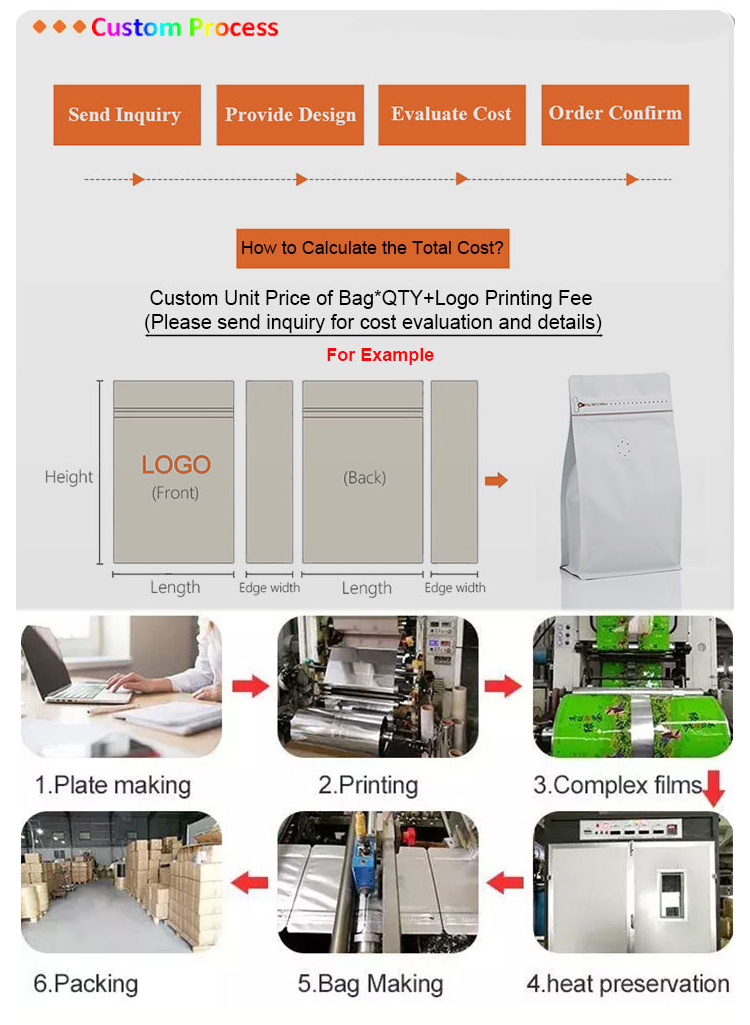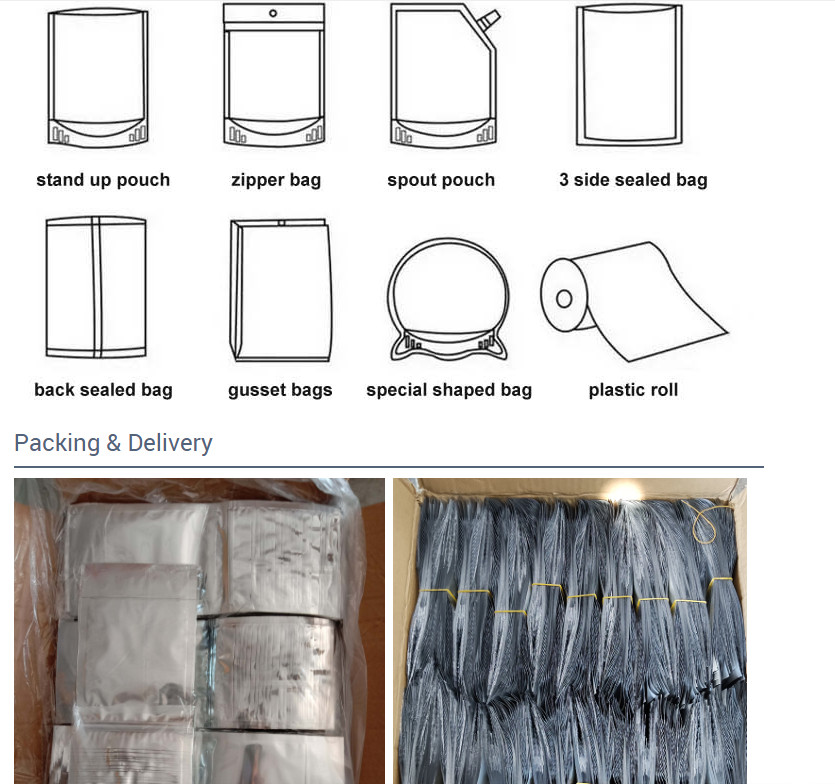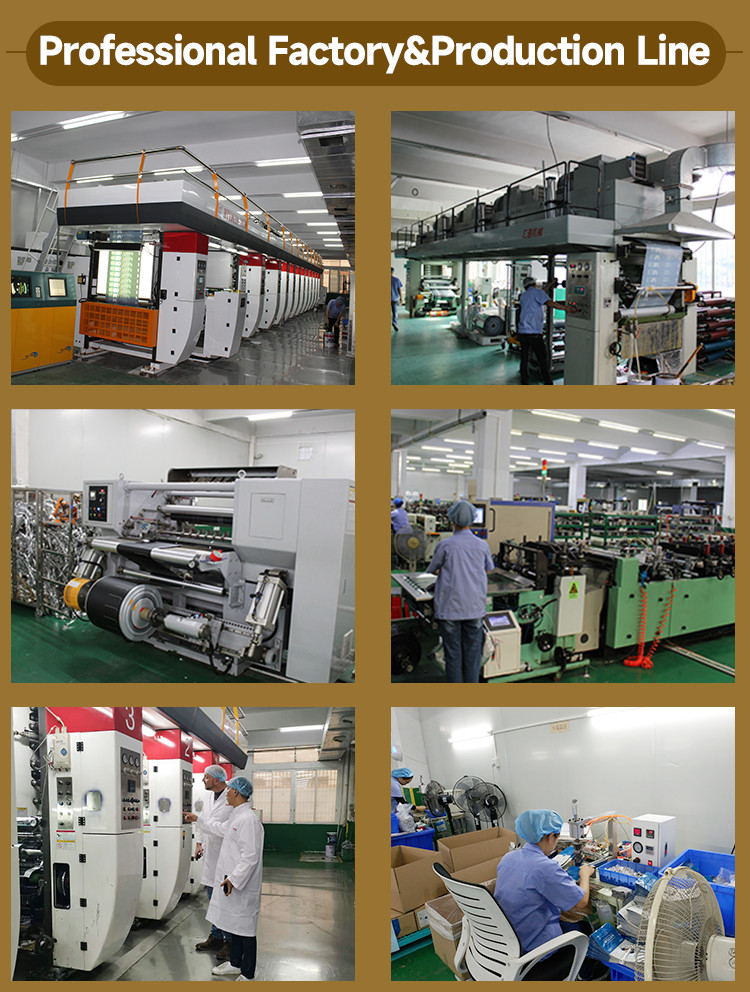Plastic Coffee Bags: A Sustainable Paradigm Shift for a Greener Coffee Industry
Introduction:
Plastic coffee bags have ushered in a paradigm shift in the coffee industry, revolutionizing packaging practices with a focus on sustainability and environmental stewardship. In this article, we will explore how these bags have emerged as pioneers in the pursuit of a greener coffee culture. By prioritizing waste reduction, eco-friendly materials, responsible sourcing, and consumer engagement, plastic coffee bags epitomize the coffee industry’s commitment to a sustainable and thriving future.
1. Waste Reduction: Leading the Charge Towards Circular Economy
Plastic coffee bags champion waste reduction by embracing circular economy principles. Manufacturers actively encourage consumers to return used bags for recycling or repurposing, ensuring that valuable materials remain in circulation. The bags’ durability allows for multiple uses, reducing single-use packaging waste. This dedication to circularity not only minimizes environmental impact but also sets a precedent for sustainable business practices within the coffee industry.
2. Eco-Friendly Materials: Paving the Way for Green Innovations
Plastic coffee bags have paved the way for green innovations through their use of eco-friendly materials. Manufacturers increasingly opt for biodegradable plastics sourced from renewable resources, mitigating the environmental burden of traditional plastics. By adopting eco-friendly materials, these bags exemplify the coffee industry’s transition towards sustainability and environmentally conscious choices.
3. Responsible Sourcing: Nurturing a Fair and Ethical Coffee Culture
Responsible sourcing is at the heart of plastic coffee bags’ sustainability journey. Manufacturers collaborate with suppliers who adhere to ethical practices, ensuring that raw materials are obtained responsibly and sustainably. This commitment extends to coffee producers, promoting fair trade and empowering coffee farming communities. By fostering responsible sourcing, plastic coffee bags contribute to a more equitable and ethically driven coffee culture.
4. Consumer Engagement: Empowering the Coffee Community
Plastic coffee bags empower consumers to become active participants in the sustainable coffee movement. Transparent labeling and information about eco-friendly features educate consumers on responsible disposal and recycling practices. Brands actively encourage consumers to make eco-conscious choices, fostering a sense of shared environmental responsibility. By engaging consumers, plastic coffee bags catalyze a collective commitment to sustainable coffee consumption.
5. Collaborative Sustainability Initiatives: Building a Resilient Coffee Industry
Plastic coffee bags lead the charge in building a resilient coffee industry through collaborative sustainability initiatives. By collaborating with coffee producers, retailers, and consumers, stakeholders share knowledge, support recycling efforts, and advocate for greener practices. This collaborative approach strengthens the industry’s ability to navigate environmental challenges and foster a sustainable coffee future.
Conclusion:
Plastic coffee bags represent a sustainable paradigm shift in the coffee industry, redefining packaging practices with an unwavering commitment to environmental stewardship. Through waste reduction, eco-friendly materials, responsible sourcing, and consumer engagement, these bags embody the coffee industry’s journey towards a greener and more sustainable future.
As the coffee industry continues to evolve, plastic coffee bags will remain at the forefront of sustainable practices, shaping a coffee culture that cherishes quality, sustainability, and ethical choices. By embracing circular economy principles, eco-friendly materials, and collaborative efforts, plastic coffee bags exemplify the transformative power of responsible packaging in nurturing a thriving and eco-conscious coffee community.















